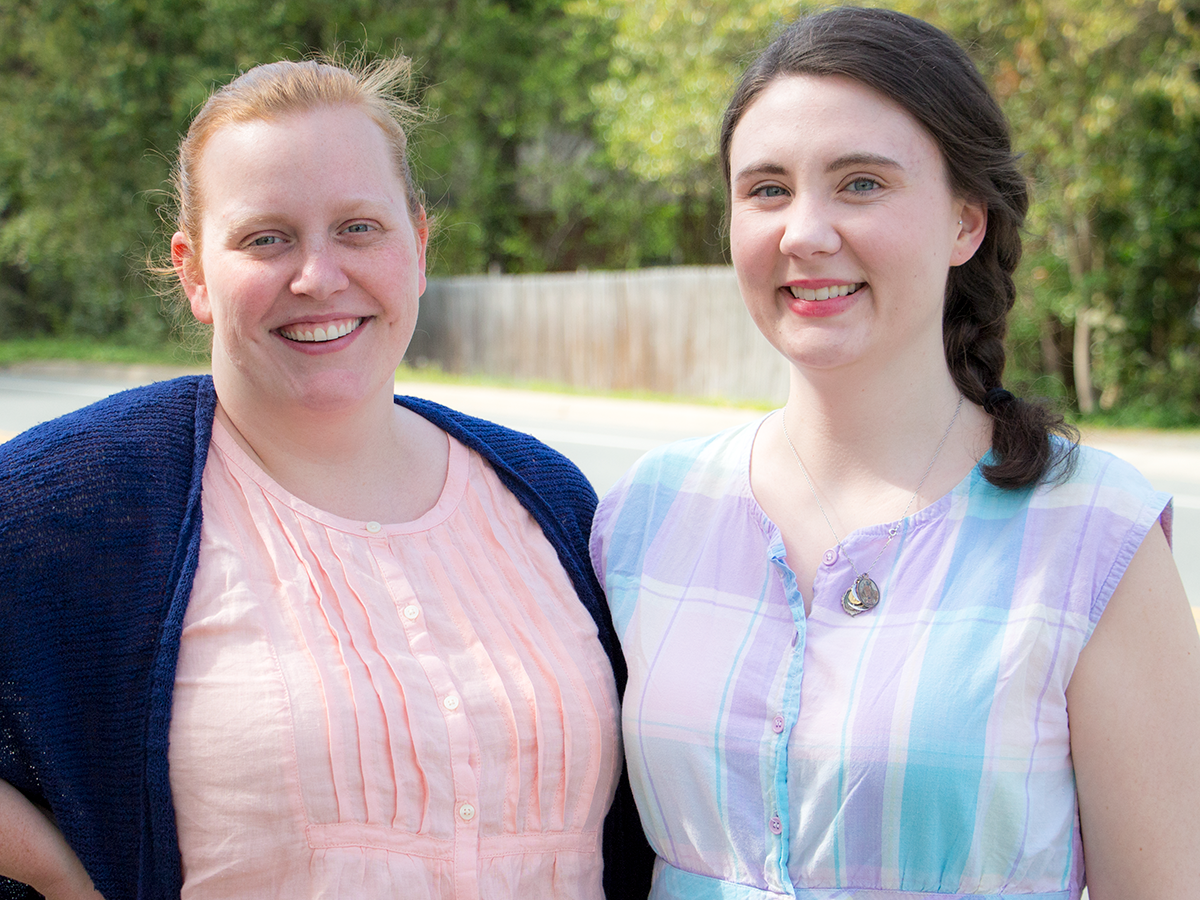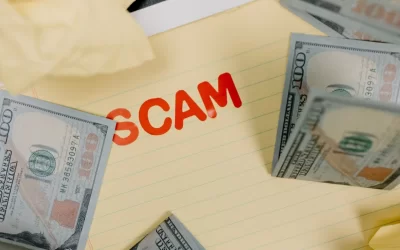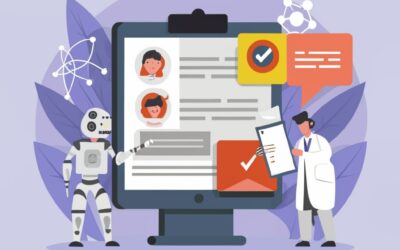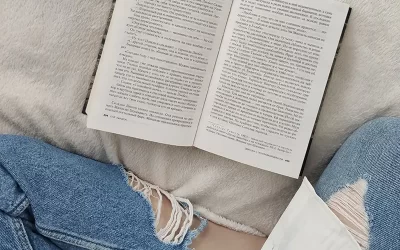Each month, we will interview one employee to get their opinions on the publishing industry, hear what it’s like to work at Technica, and learn a little bit about them. This month we are interviewing Amy Allen, an editorial assistant originally from Greensboro, North Carolina.
How did you get started in the publishing industry? Did you always want to work in the publishing industry?
My first job in publishing was a work study job in college at UNC Press, but for them I mostly packed boxes for exhibits and conferences, things like that. So a lot of Tetris-ing boxes together. I knew I always wanted to work, not necessarily in publishing, but with the written word. My dream in high school and college was to own my own bookstore, so right out of college I got a job at McIntyre’s Books in Fearrington Village, which is a beautiful independent bookstore. They have big comfy chairs and a fireplace. It’s a really awesome independent bookstore. I worked there for a year before I moved away. So this job is in the same vein of working with the written word, but is definitely the most involved with publishing I have ever been.
What is your favorite thing about working at Technica?
I would say the people. There’s such a variety of personalities and interests, and everyone’s really friendly and earnest. I also think it’s cool that I get to work with people all over the world. I have worked with editors in Beijing and India and Harvard and Texas, and it’s neat that I’m their assistant here in Carrboro. My grandmother was wildly impressed when I told her I worked with someone at Harvard.
What have you learned about publishing since working at Technica?
I’ve learned a lot about the complexities of the peer review process. That is a term that I heard a lot throughout college but I never fully understood everything that went into it or how many people made it possible. If I ever find myself in a position to write a peer-reviewed paper, now I will be such an expert about the process after the paper is written and before it’s published. Which ends up being quite a bit of the process!
You have your own podcast; how did that get started?
My podcast is called “Clarified Butter.” My podcast got started because my friend Ashley Melzer and I wanted to work on a project together and we both listen to a lot of podcasts and are really interested in that medium. We both studied folklore, I studied it for my minor in college and she got her masters in it. So we have a lot of interests in common. And she asked me what I would do if I could do anything and I said I really liked to hear and share stories, and I really like to talk about food and how food is connected to every part of life. So that’s how my podcast was born. The idea is that you can start a conversation with anyone about anything by starting to talk to them about food. The format has changed over time, but the idea is still that we will pick any topic, we will start with food, and see where we get. It’s a common ground and something that everyone has feelings and stories about, so I think it’s a lot of fun.
That’s so cool. And what is the significance of the title, “Clarified Butter”?
So clarified butter is when you brown butter and then you separate out the milk fats. It’s also called ghee in Indian cooking. It’s kind of a play on words. It’s also the title of a poem I wrote in college. I was also a creative writing minor, so I wrote a book of poetry for my thesis in college and one of the poems was called “Clarified Butter” and it was about that whole process.
Why did you decide to do a podcast as opposed to other online media?
I’ve had a lot of jobs, I used to work in a fabric factory so I had 8 hours a day to listen to stuff while cutting and folding fabric. So I listened to a lot of podcasts and got really into the medium itself. I think it’s really personal because you hear people’s voices. I also like social entertainment. I like to write, but I’m a social person so it’s fun to do something like a podcast, which is inherently collaborative. I’m also in the process of starting a website with another friend. So it’s not so much choosing doing a podcast over different media, it’s more that doing a podcast was the first thing I did but I’m about to explore different outlets.
If you could recommend one book or movie to people, what would be and why?
A book that’s really meaningful to me is Tina Fey’s book Bossypants. I read it first and then a couple of years ago I listened to her read the book on tape and both ways are wonderful. It’s really funny, and I relate to her life a lot and her personality and view of the world, so I think it’s really insightful. I also think it’s full of really good advice for being an ambitious woman and kind of an oddball. I never get tired of revisiting Bossypants.
I know we’ve talked about this a lot already, but what else do you like doing when you aren’t at work?
What don’t I do outside of work! I mentioned my podcast, I’m also starting the website, a comedy writing website. Both of those things stem from doing comedy: I perform improv, and I’ve also taught improv and done some story-telling, which I love. I’ve been doing that for five years. I was inspired to do that partially by reading Bossypants.
I was going to ask how you got into improv.
Yeah, I needed to make friends after college and I was either going to take an oil painting class or an improv class. And then I listened to Bossypants and I was inspired by Tina Fey’s story and thought that I would meet a lot more people my age who want to talk doing improv. So I did the scarier one. But then I went back later and did an oil painting class, so that’s another thing I enjoy doing outside of work. I’m really into crafty things, so oil painting, quilting, cooking—and embroidery is my newest hobby. I like to watch all the sitcoms I love and do crafts. I also have a very sweet dog who sits on my lap while I do this, wishing I was walking him instead.
If you could give one editing tip to people, what would it be?
I would say learn the difference between “affect” and “effect.” That, and read your work out loud before you give it to other people. My favorite teacher in high school was my senior year English teacher Mr. Post, and after we wrote our first essay for that class he said, “Get out a sheet of paper. This is the only time I’m going to make you take notes all semester.” And he made us take notes on everything he never wanted to see in an essay again. He said, “It’s OK to make mistakes, but these are mistakes I never want to see again.” One of them was mixing up “affect” and “effect,” because I think everyone in the class messed that up. And a lot of them were his pet peeves that he thought were bad writing, like never using “Webster’s Dictionary defines _______ as…” or using “At this point in time” or “In conclusion.” So I think those are all pretty good tips for writing.





